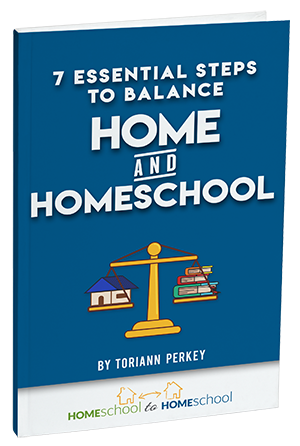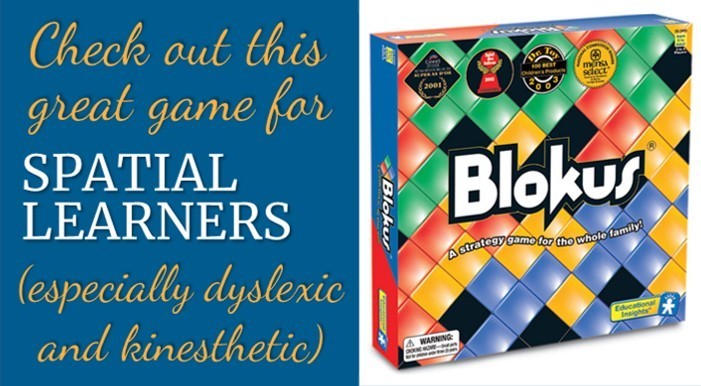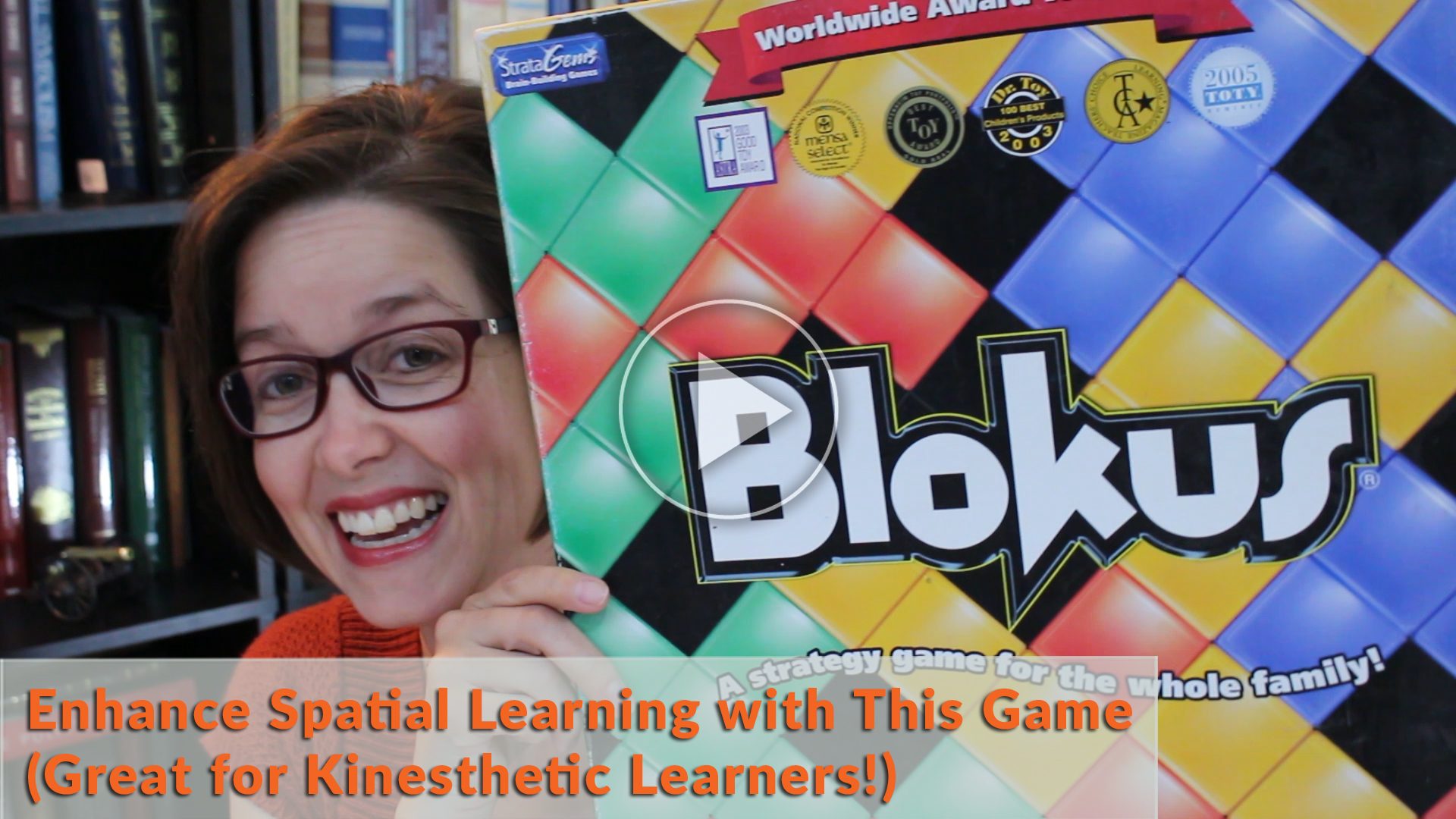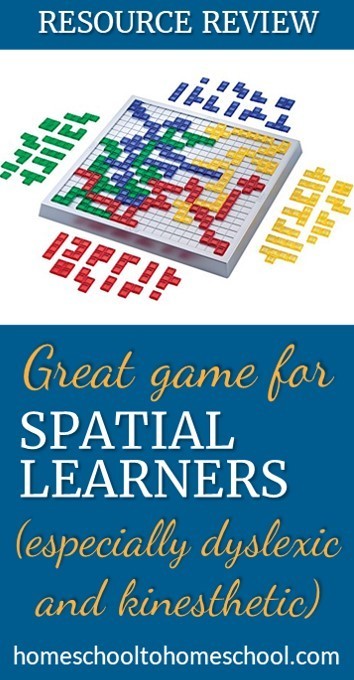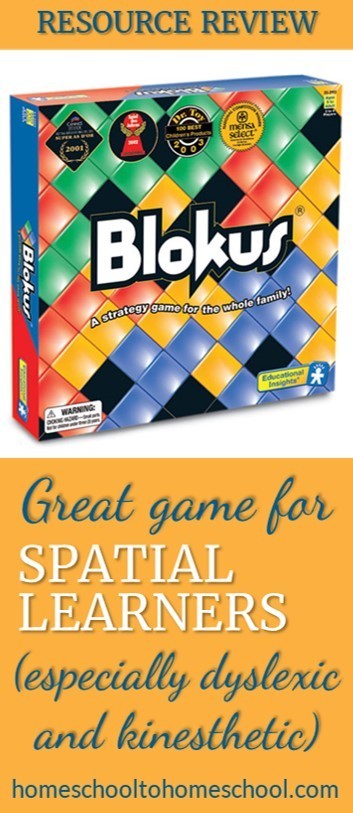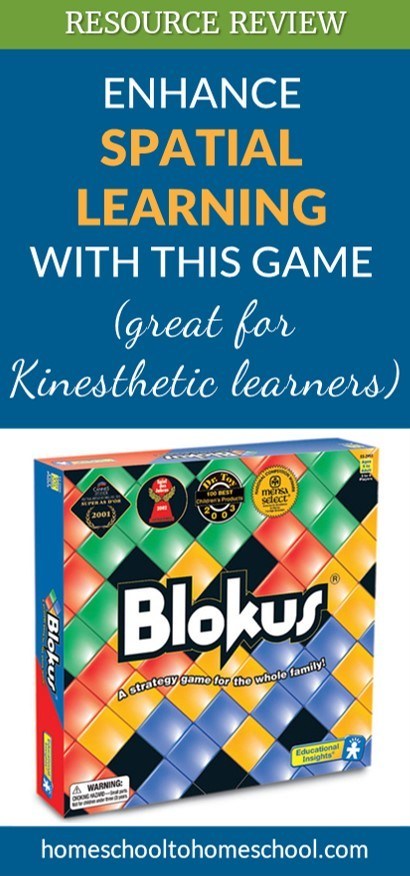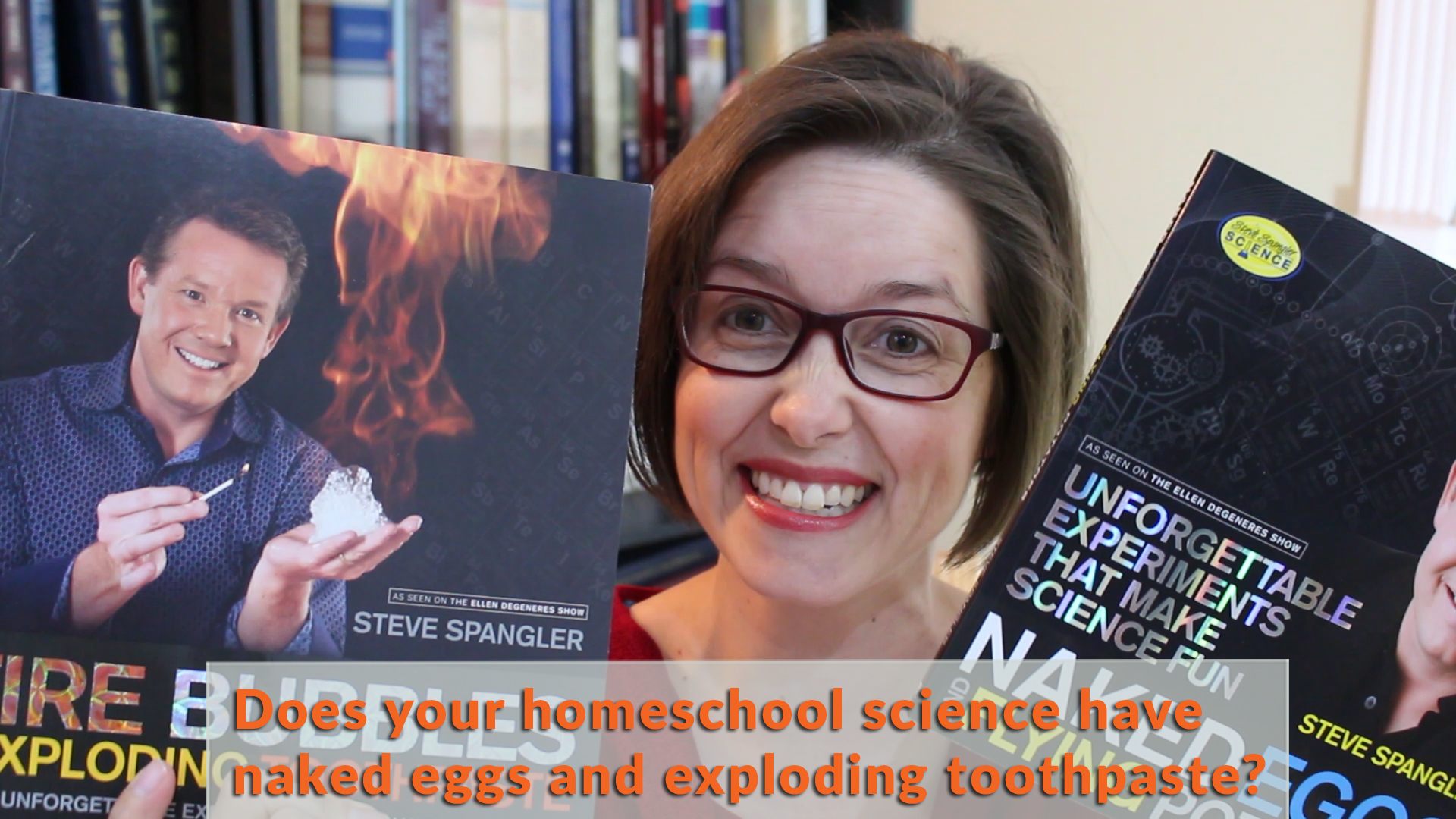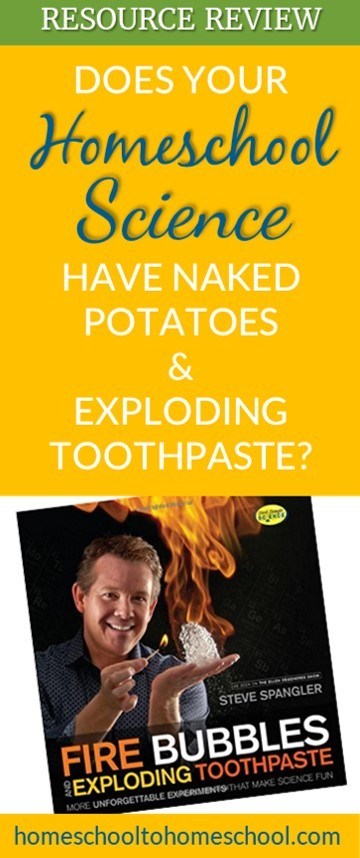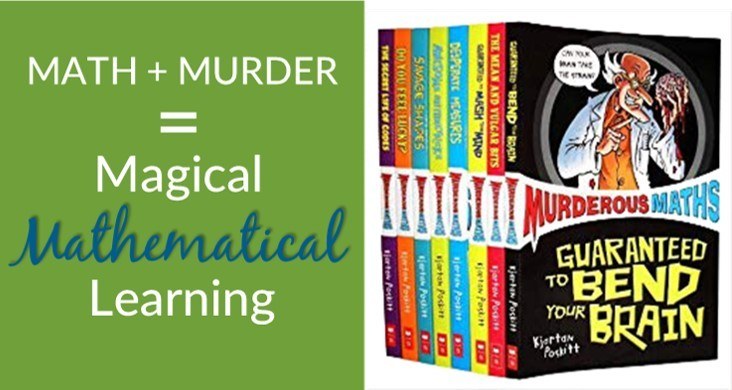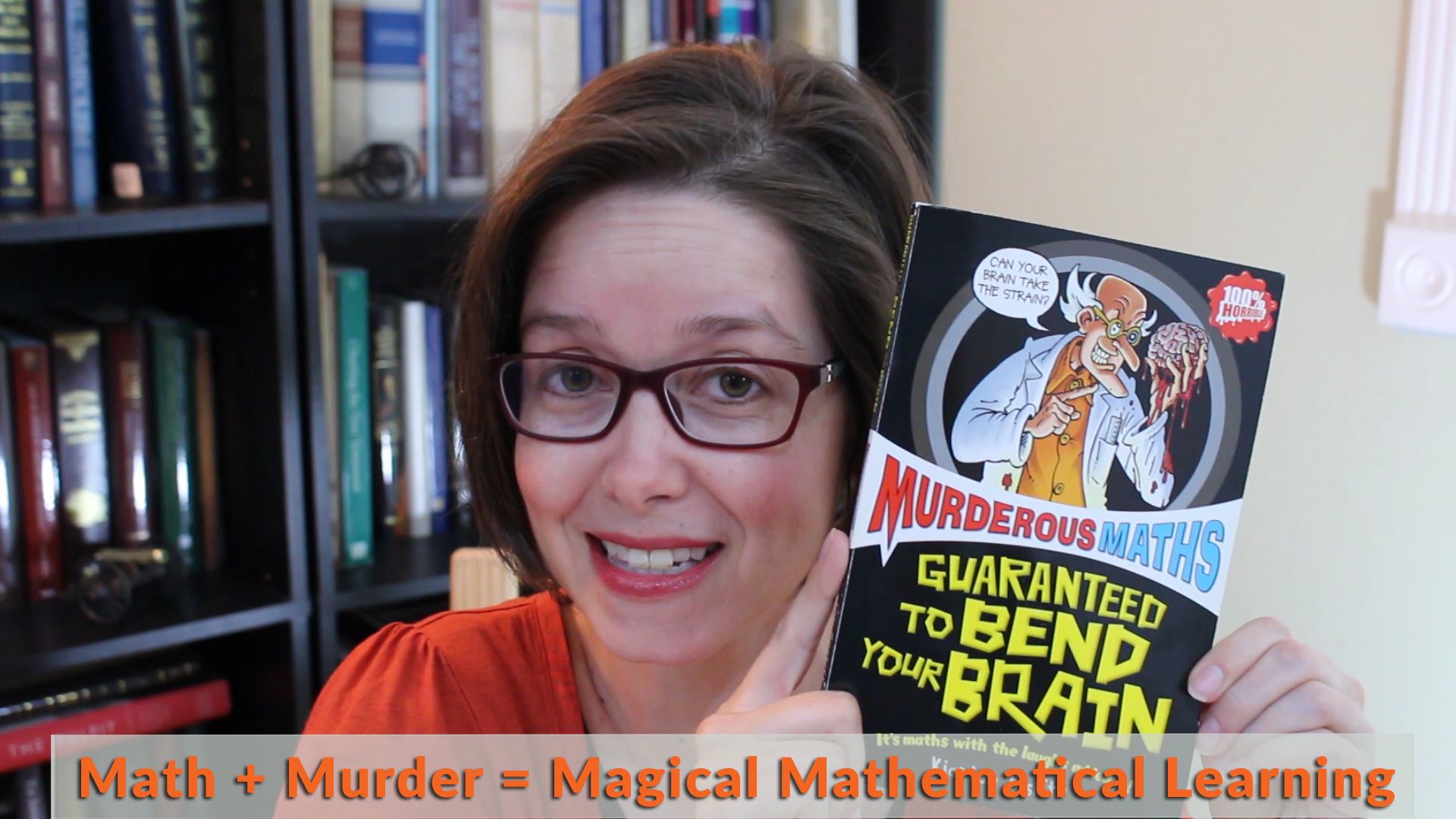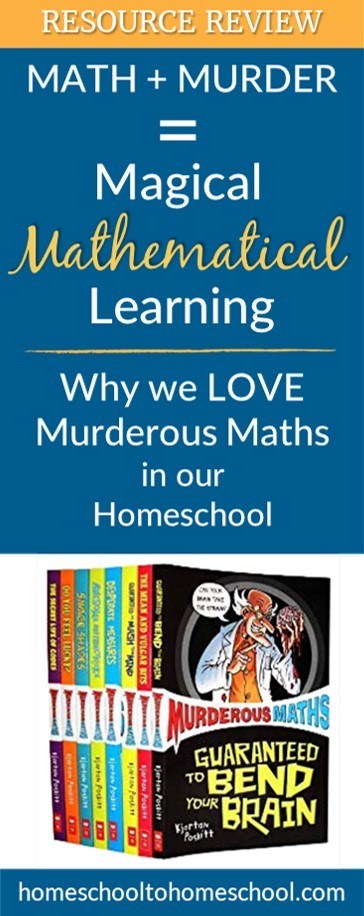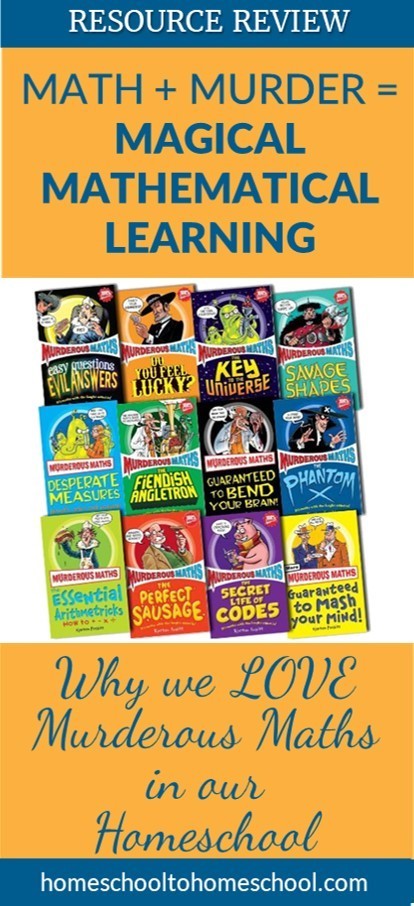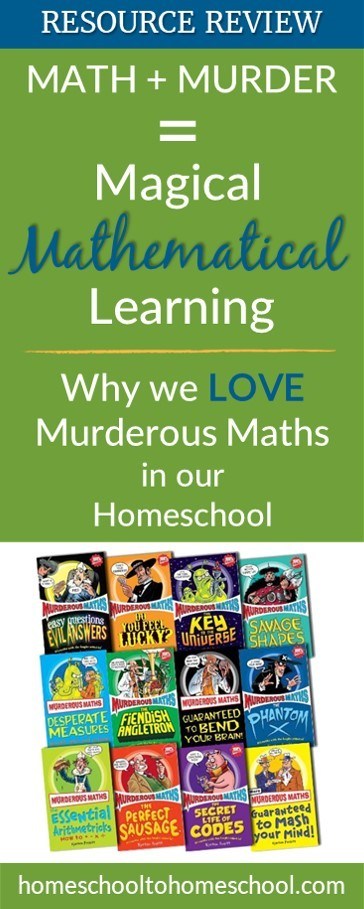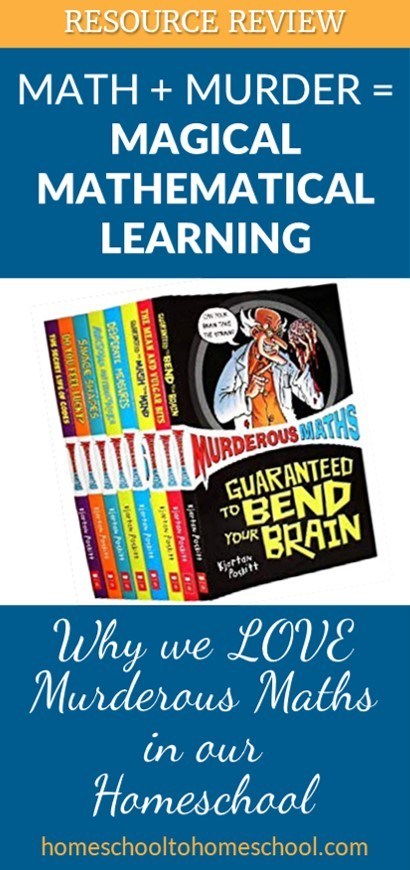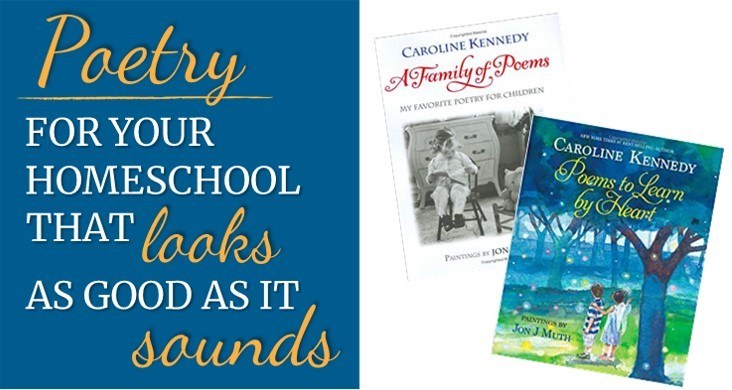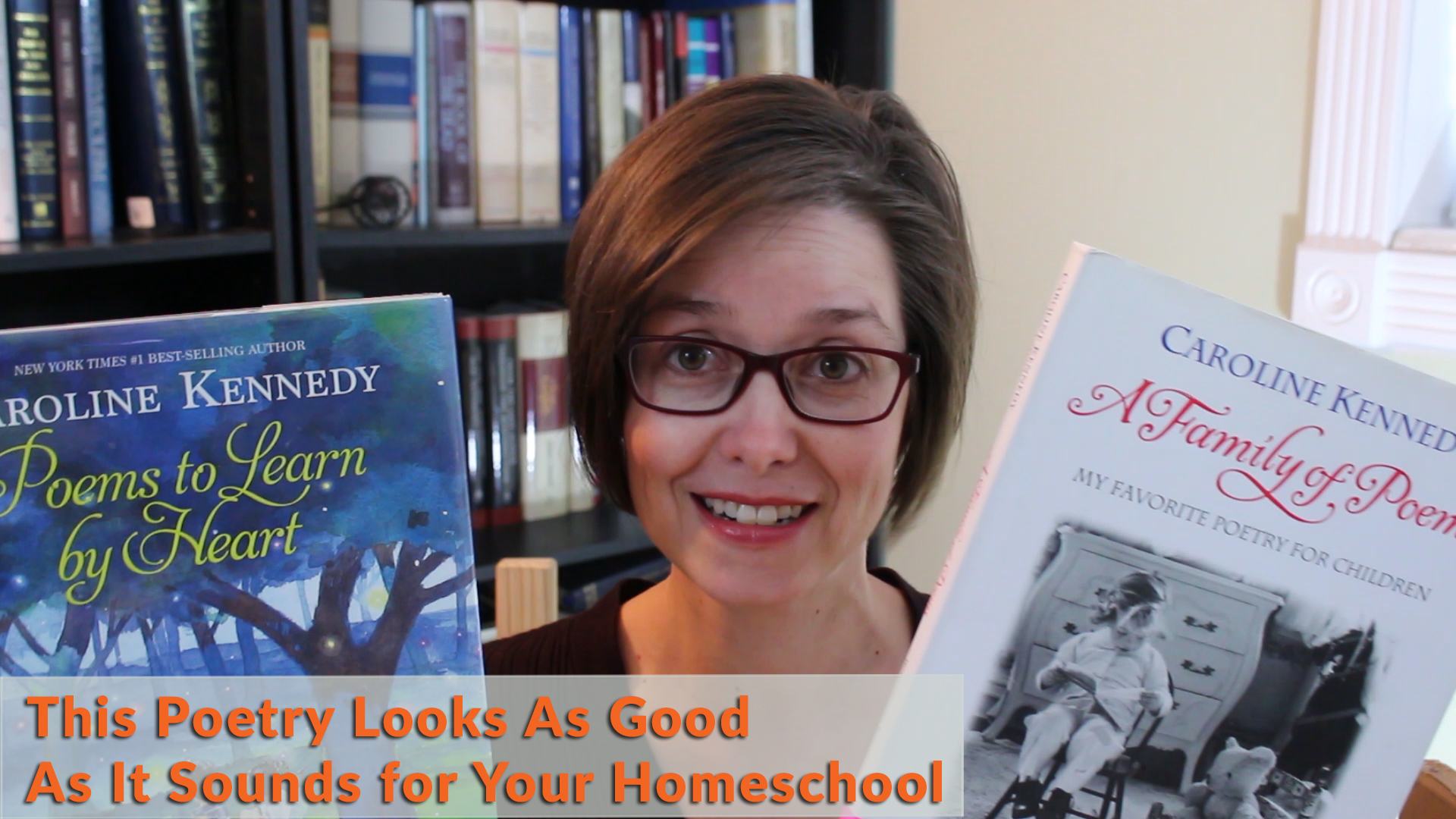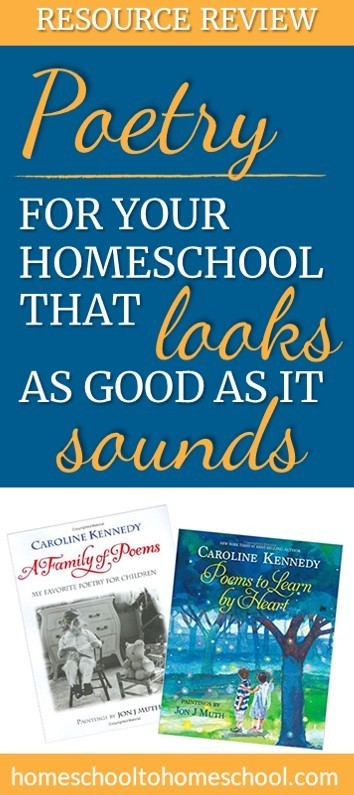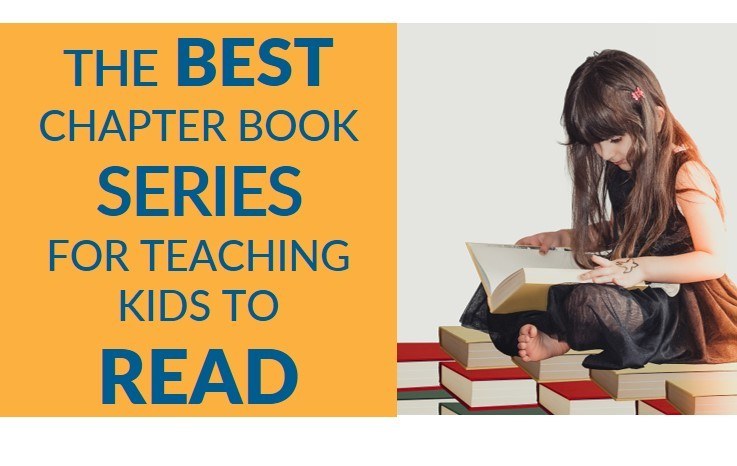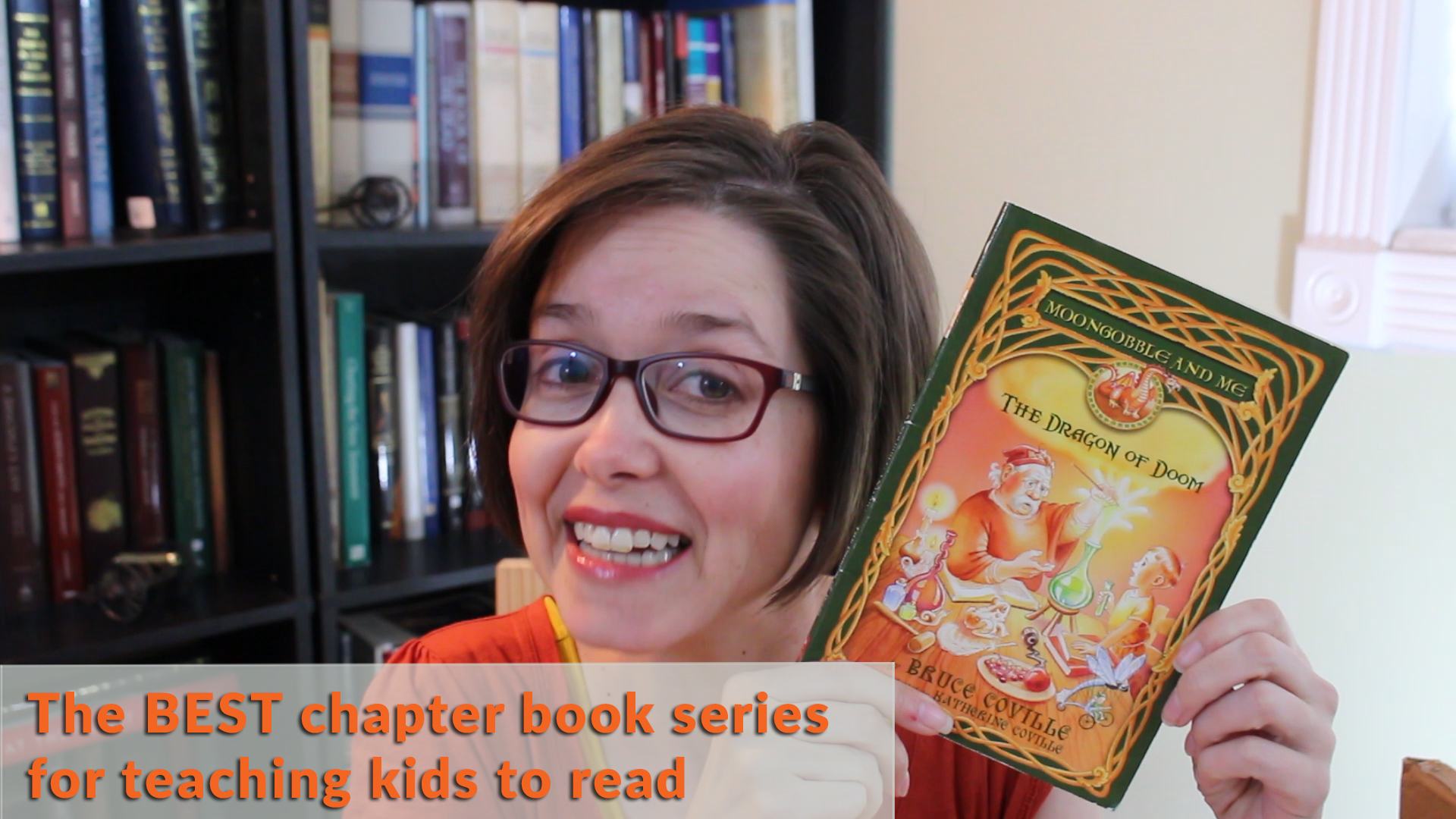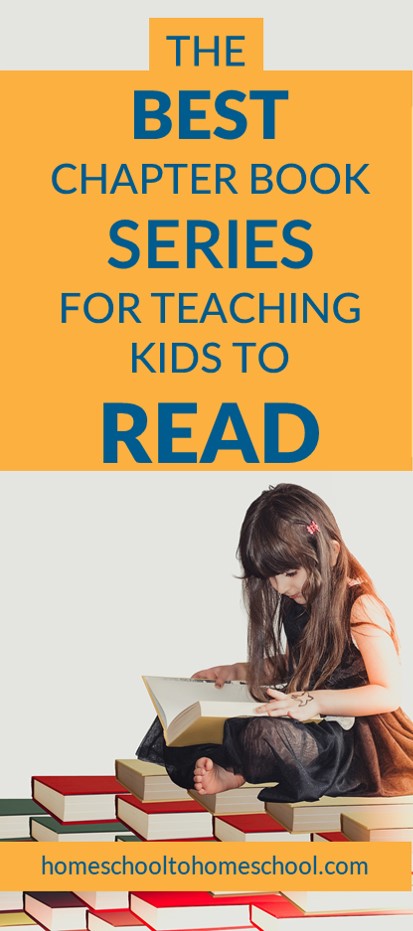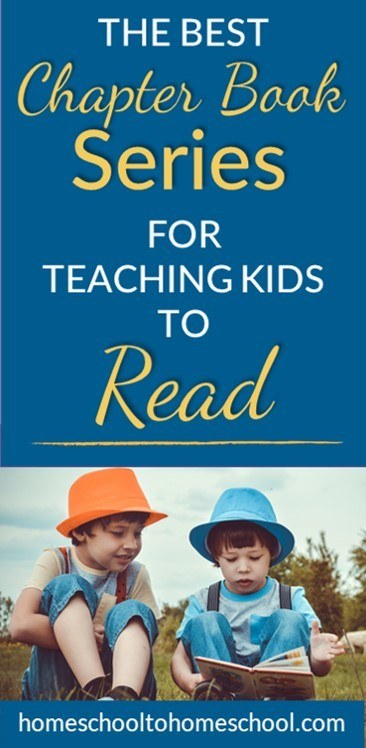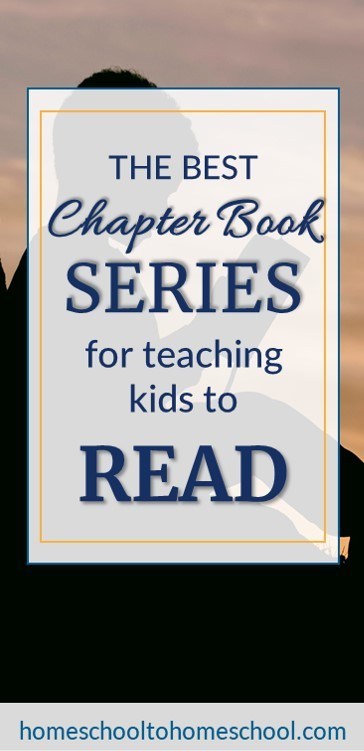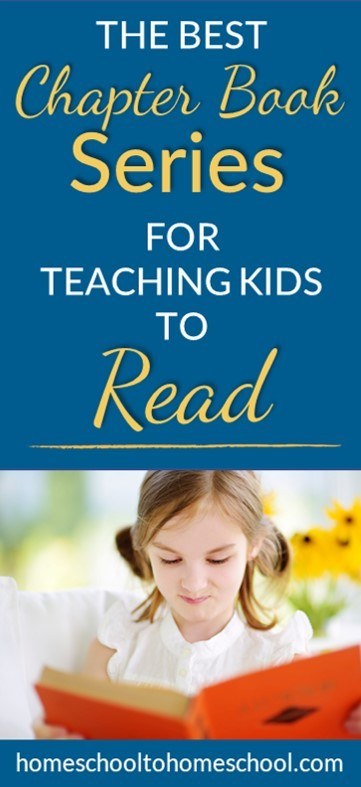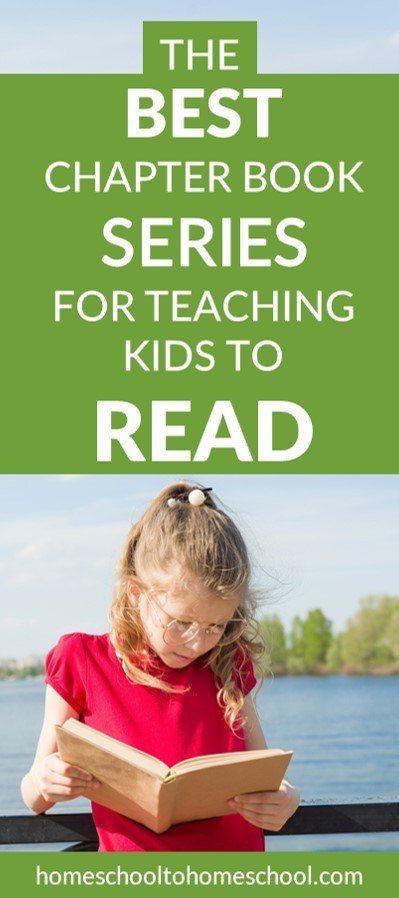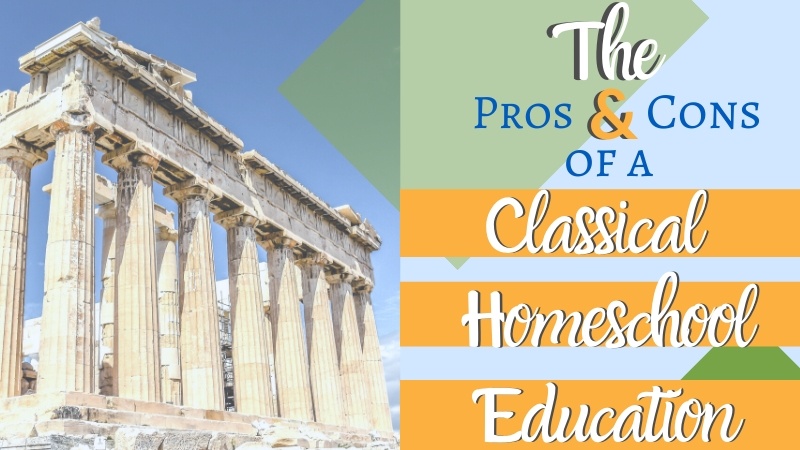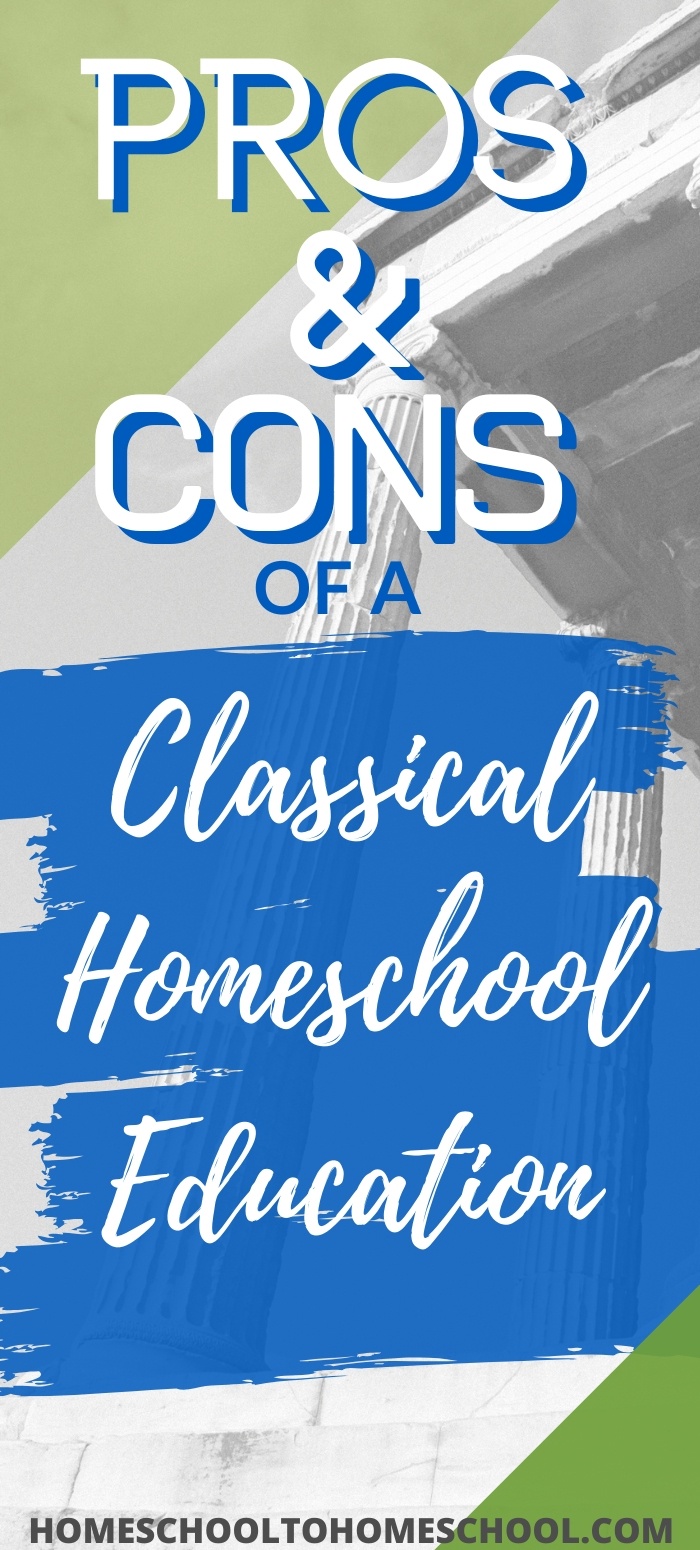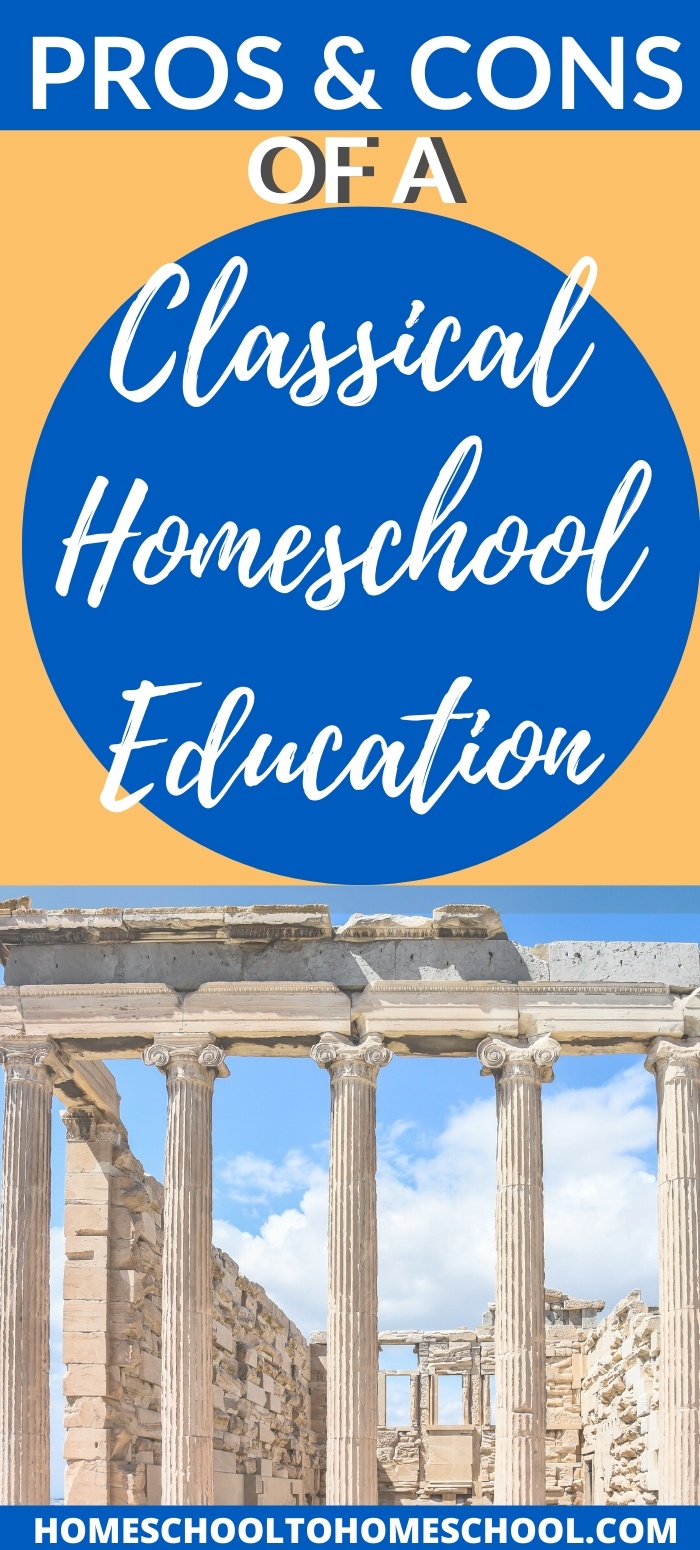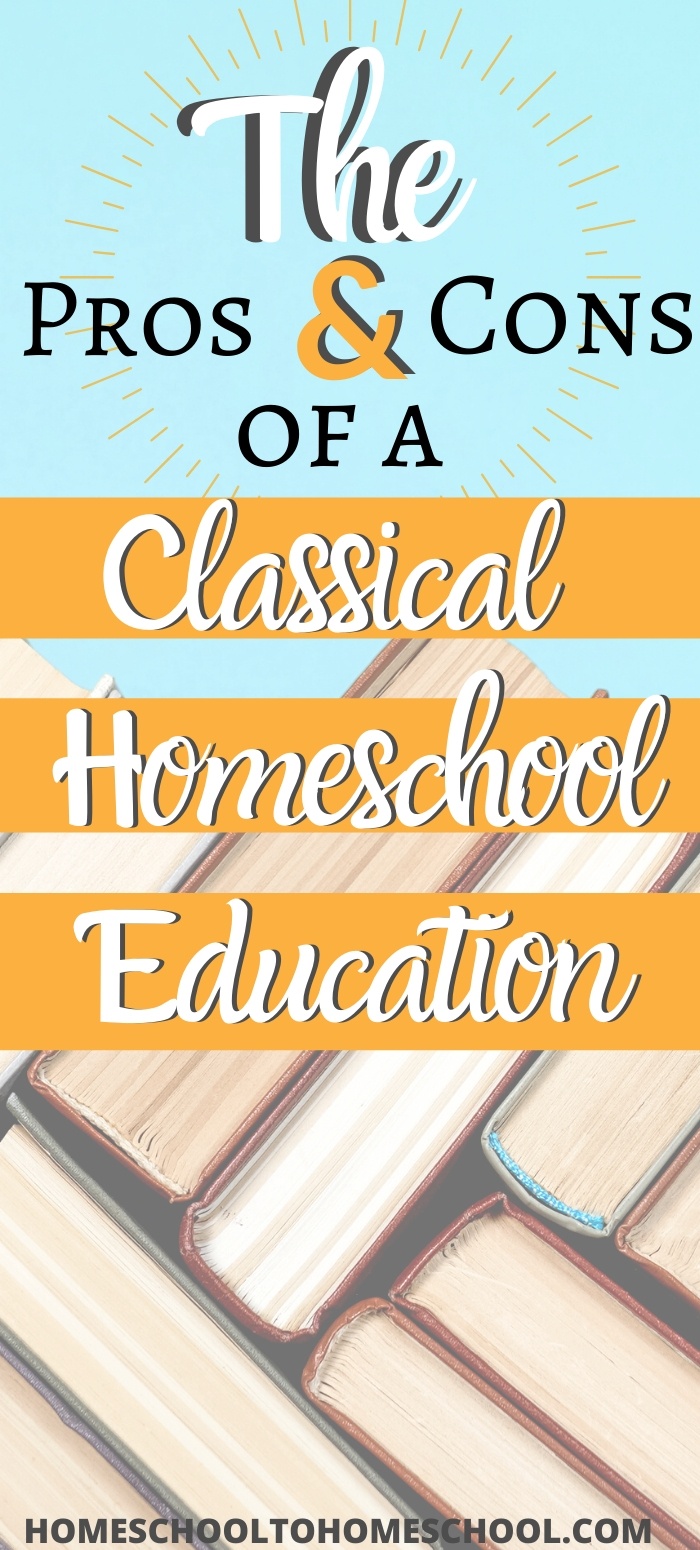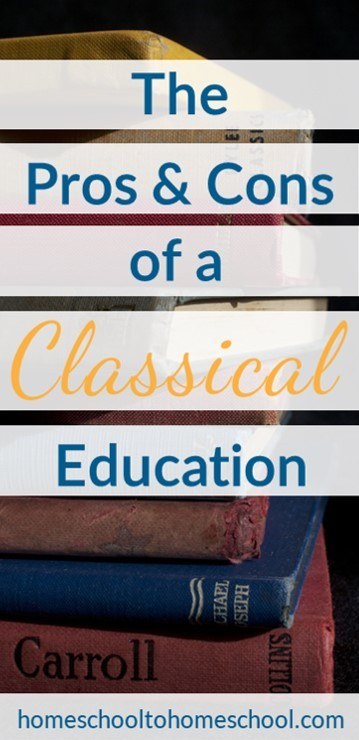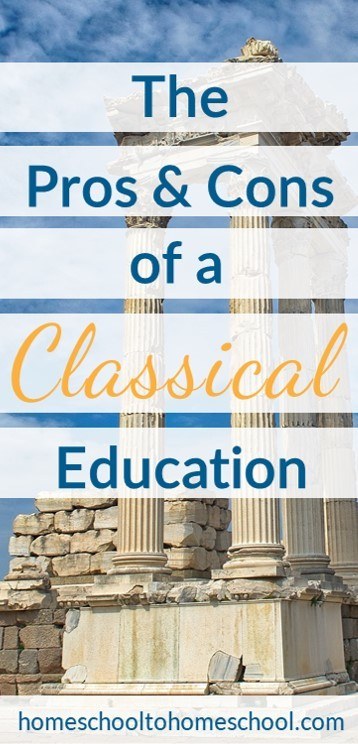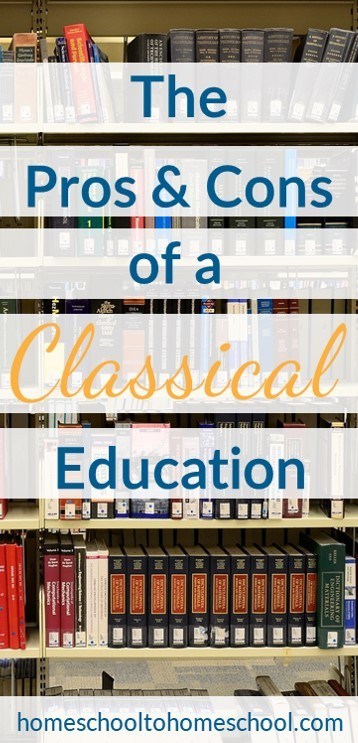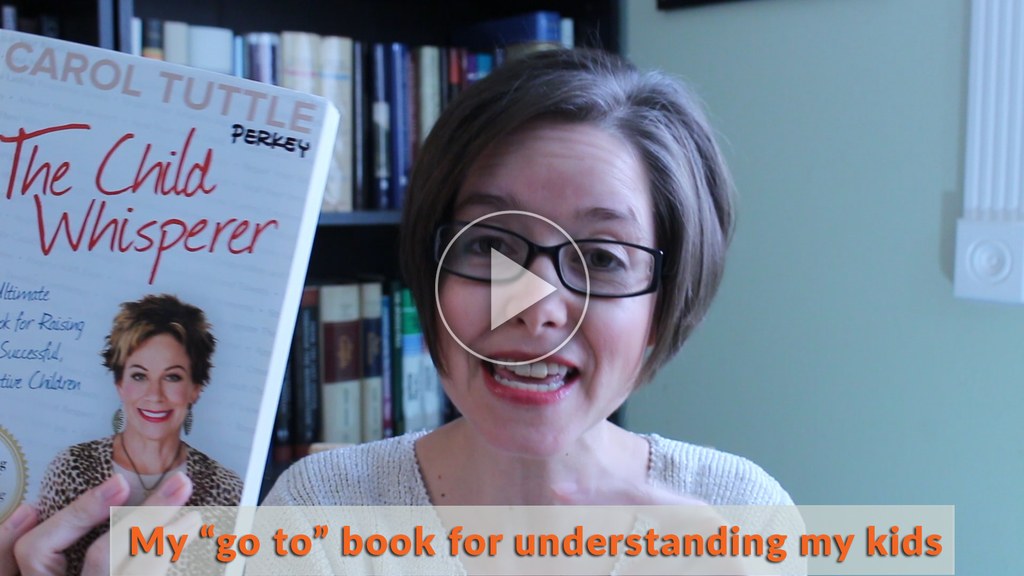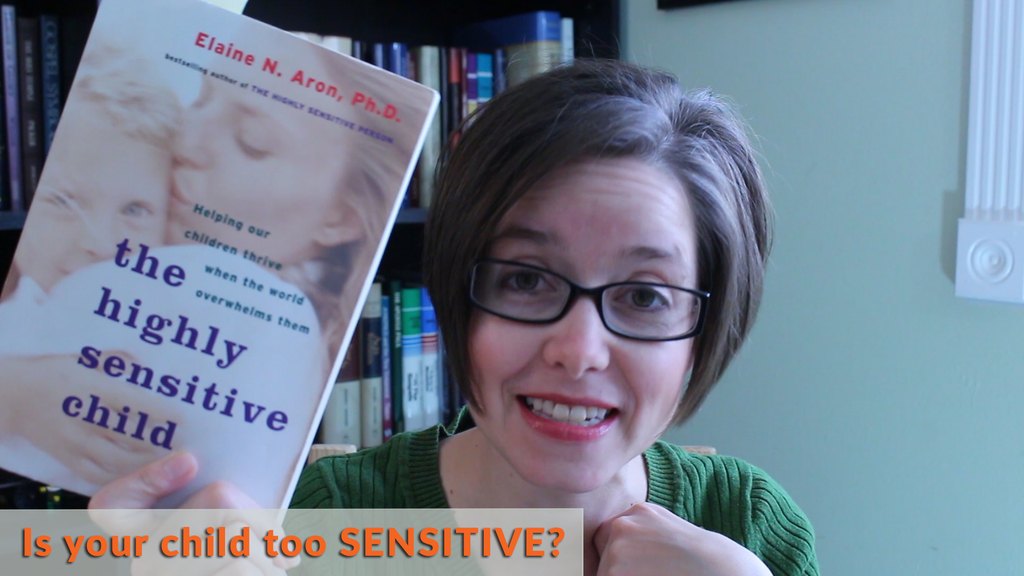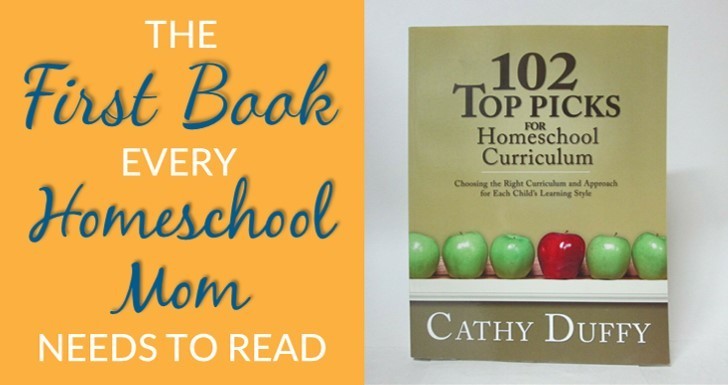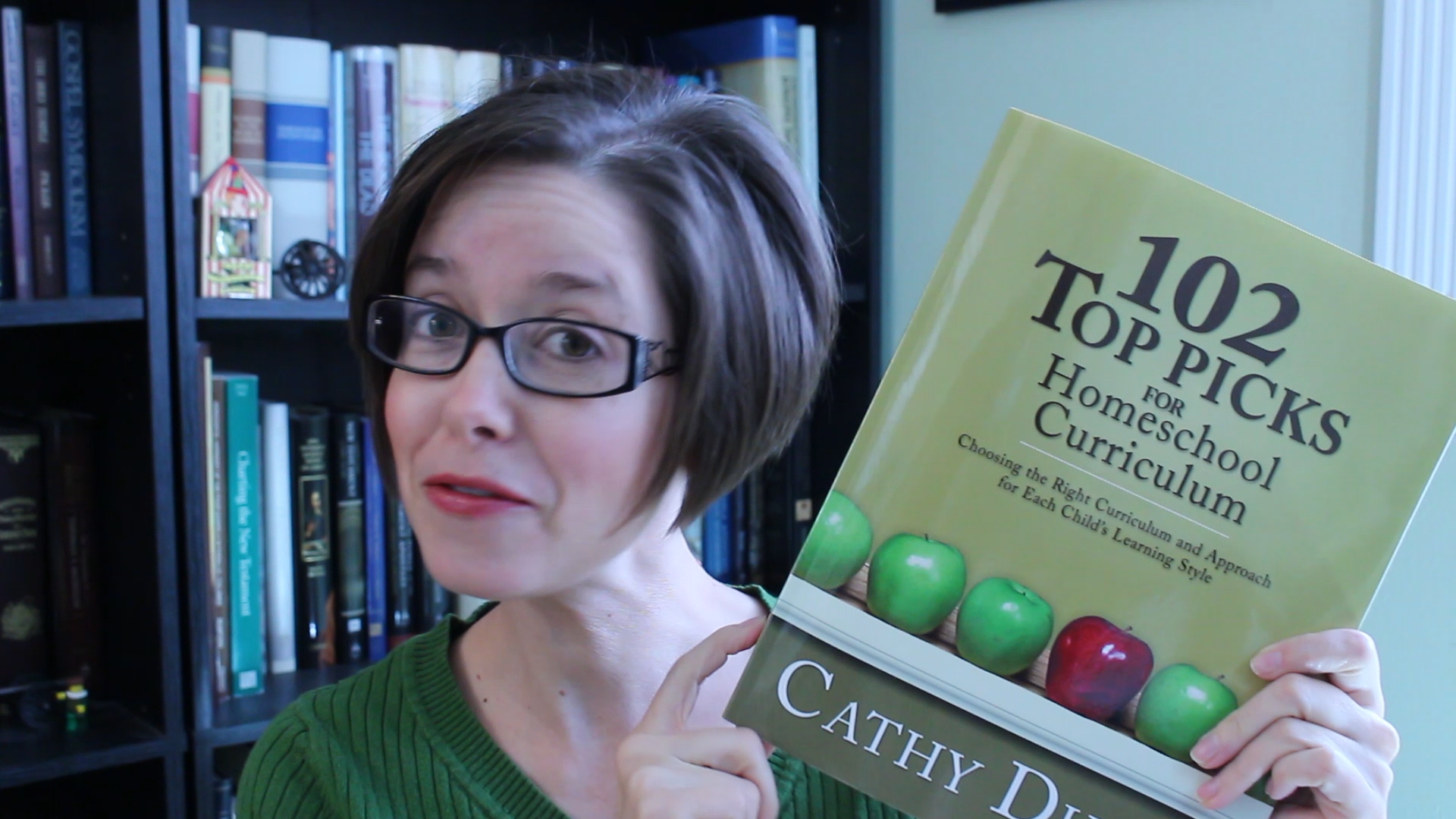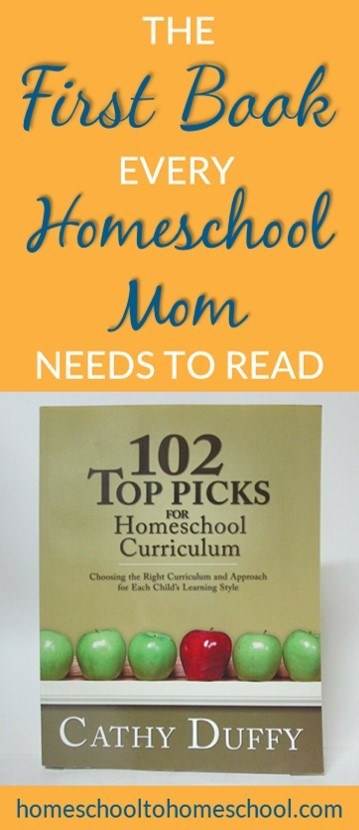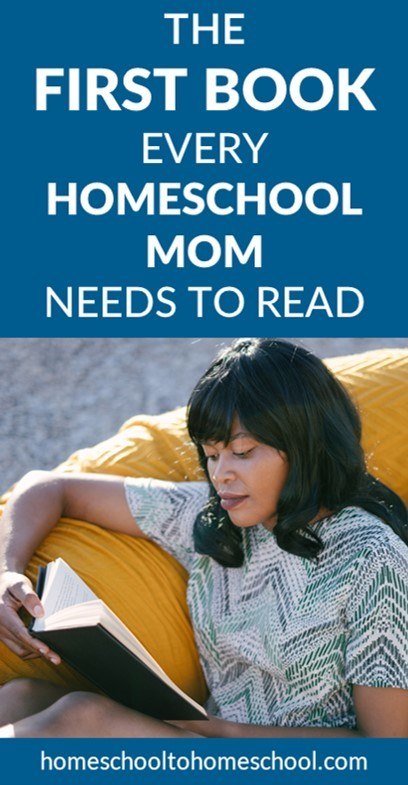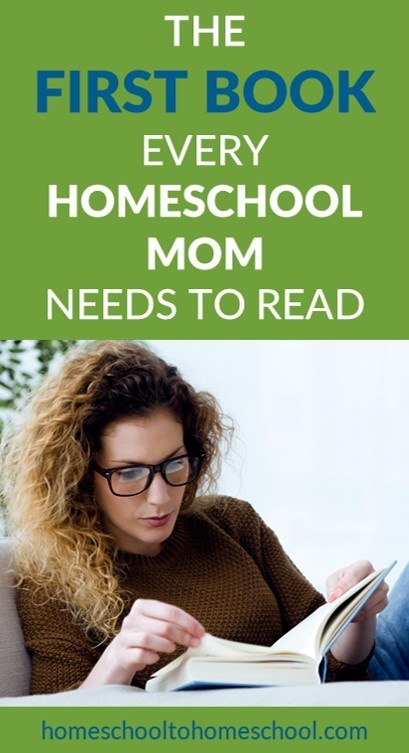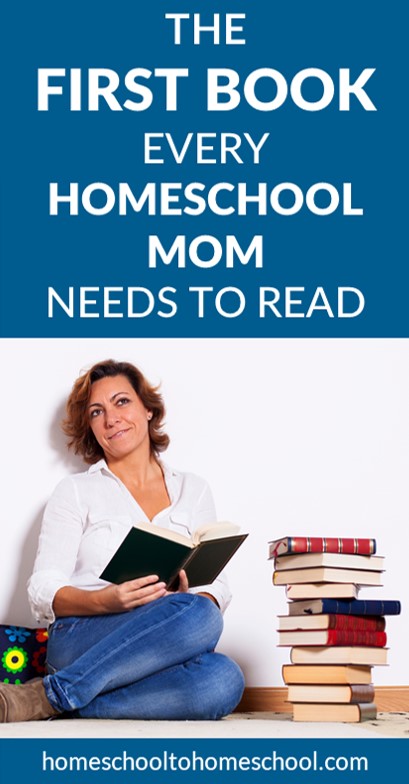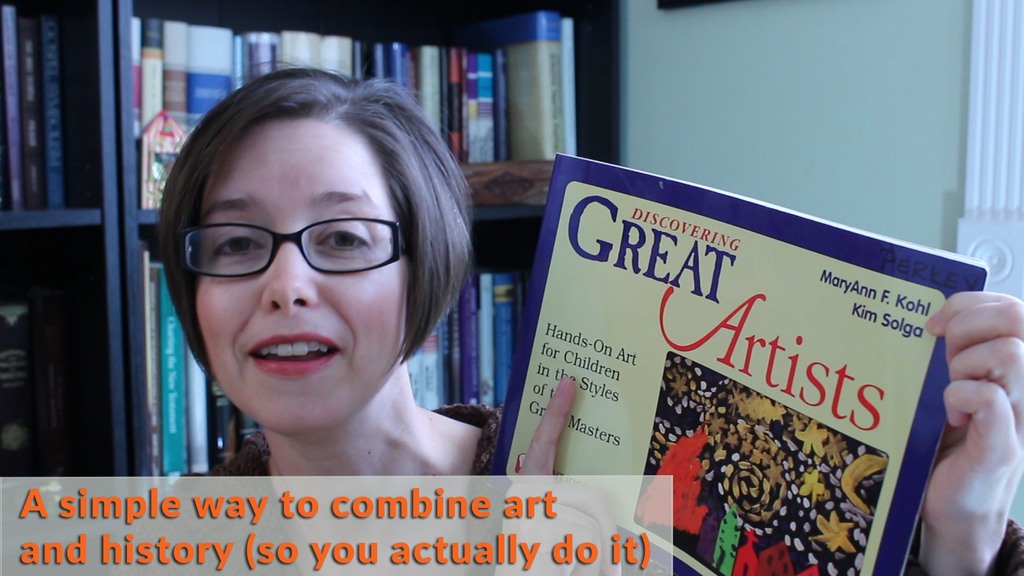But regardless of the age they learned, the moment when things really click and they could independently read was magical.
And each time they made the big transition from simple-sentence books to chapter books -- this series is the one that I used. (I wrote about our simple-sentence readers here.)
Today I’m going to tell you why.
My guess is when I’m done -- you’ll want a copy of the series in your home library as well. 🙂
CLICK HERE to check out Moongobble and Me for your homeschool.
Hello. My name's ToriAnn Perkey, and from my homeschool to your homeschool, today I want to tell you about the first chapter book readers I always start my kids out.
These are the books that every single one of my four children made the transition from reading kind of just struggling and figuring it out to, you know, sight reading and working so hard into the chapter book phase. Every single one of my children. And I just stumbled across these books one day. I don't remember how I found them, but I am so glad I did.
It's a series called “Moongobble and Me” by Bruce Coville, and you guys, there are five books in the series. There's the Dragon of Doom. And then there's the Weeping Werewolf, The Evil Elves, The Mischief Monster, and the Naughty Nork.
Let me tell you why I love these books as the first chapter books for kids who are learning how to read.
Well, first of all, it is the content. The content is just at that perfect level. It isn't too hard, but it isn't too easy. The content is a really good story. It's about a boy who gets connected with a wizard who's kind of a bumbling wizard, and he's always turning himself ... his spells are always getting messed up, and he's always turning himself into cheese. And there’s kind of a snarky toad that goes along. So it does have that element. And I will put the caution in here -- If you're a family that doesn't like magic, you won't like these books. But that's the only caution I have to put here.
The second ... so that's the first thing is I just find the story compelling with the characters. The second is the character is just a few years older than the age group of most of the kids who are reading. He's about 10 or 11, which makes it a very appealing book for kids who are often trying to learn how to read the stage.
The next thing that I like about the book is that the chapters … so first of all, the print is actually fairly big -- if you can see that -- and so the kids have a little bit … and the spacing in between the lines is also fairly large. They call that leading. And so because of that, it's easier for the kids to read.
Another thing that I really like is it has these delightful, delightful pictures. Do you see that? And they are spaced fairly evenly throughout the chapters, which makes the kids a little more excited when they have to read because they have those pictures to look forward to.
The chapters are only a few pages long, and so those early reading times when the kids are working through a chapter and they feel that sense of accomplishment, they don't have to go too far. And each chapter is that perfect bite size piece.
Okay, so that's why I love these books. And so far I could probably be describing a lot of books. So let me tell you a couple other reasons why these are always my go to favorites.
First of all, they are funny. They're really funny, and they're clean. Funny.
I like to describe there's a difference between clean funny and dumb funny and mean funny. And dumb funny is all the crass humor, the bathroom humor that you often see in books this age, particularly books targeted for boys. And mean funny is where the characters are mean to each other or snarky, and you don't see any of that in this. It's clean funny. It's smart funny. The kids laugh.
And more importantly, I'm laughing, too, even the second and the third time through the book, which is saying a lot, right? Because once you've read a book once, and you're reading with a kid who's struggling … ok, it takes a lot of patience. And this was actually something I enjoyed coming back, too, and reading again and again.
Furthermore, you have a situation where this kid is going to go off on adventures with a with a wizard. But the wizard insists that he go ask his mother first, and she gives her permission. The family unit is respected, and that mother figure is not only just, you know, in the background. But she's actually a respected figure that is treated as you would want a mother to be treated inside a subject material that often doesn't do that. And so I felt like I was also getting a little bit of that character development.
The last thing that I love about these books is that the peril is just right. There's enough peril that the kid actually is engaged in the story. But the peril isn't scary enough, and the endings are never scary enough, that even the most tender children are going to be bothered. There's moments where there's, for example, in this first one where they're scared they're going to go to this dragon. They're a little worried about it, and then within half a page they come across the dragon. It's this large, scary figure, and then it turns out to be this little itty bitty dragon that becomes their friend. And that's kind of the pattern throughout these books is that … it's not always the same plot, but it's this idea that the characters are really supporting one another. And when you get to the end, the characters that were the problem have actually helped support the story and helped the main characters.
And throughout the book, more family-centered values show up. I don't want to give too much away to take away from some of the fun. But let me just say that throughout these books, what I have found is that our kids and my kids enjoy them. I enjoy them. They feel like they strongly support all the things that I'm trying to teach my kids that are really important.
So if you are in the market for a really great series that's going to help jumpstart your kids reading, I strongly recommend Moongobble and Me. That's right. So if this is something that you think you'd be interested in, check the link up above or down below. You know, wherever you're watching this video, and yeah, I hope you enjoy it.
I'm ToriAnn Perkey, and I make these videos so that you can be a successful and confident homeschool mom.
